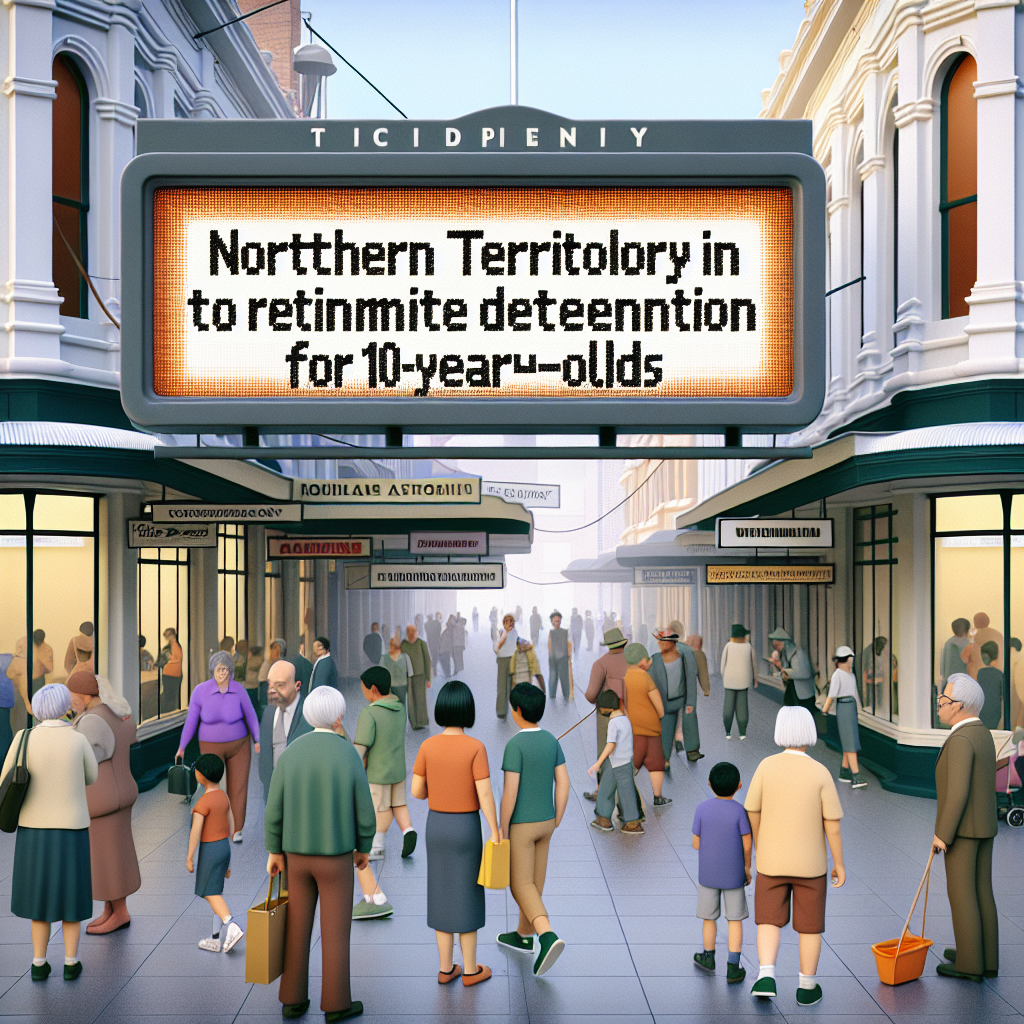Northern Territory in Australia to Reinstate Detention for 10-Year-Olds
Northern Territory in Australia to Reinstate Detention for 10-Year-Olds

Overview
The Northern Territory (NT) of Australia has announced a controversial decision to reinstate detention for children as young as 10 years old. This move has sparked significant debate and concern among various stakeholders, including human rights organizations and community leaders.
Key Details
- Policy Change: The NT government plans to lower the age of criminal responsibility, allowing for the detention of children starting at age 10.
- Rationale: Officials argue that the policy aims to address rising youth crime rates and improve community safety.
- Opposition: Critics, including child welfare advocates, argue that the policy could have detrimental effects on young children and does not address the root causes of youth crime.
Stakeholder Reactions
The decision has elicited mixed reactions from various groups:
- Government Officials: Supporters within the government emphasize the need for stricter measures to curb juvenile delinquency.
- Human Rights Groups: Organizations like Amnesty International have condemned the move, citing potential violations of children’s rights.
- Community Leaders: Some local leaders express concern over the potential long-term impacts on affected children and communities.
Potential Implications
The reinstatement of detention for young children could have several implications:
- Legal and Social Impact: The policy may lead to increased legal challenges and social unrest.
- Child Development: Experts warn of possible negative effects on the mental and emotional development of detained children.
- International Scrutiny: The decision may attract criticism from international bodies focused on children’s rights.
Conclusion
The Northern Territory’s decision to reinstate detention for 10-year-olds is a contentious issue that highlights the ongoing debate between ensuring community safety and protecting children’s rights. As the policy unfolds, it will be crucial to monitor its impact on both the legal system and the affected communities.
















